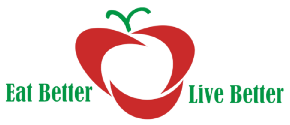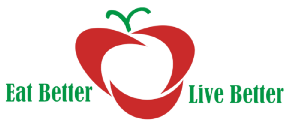Healthy Advocacy Workshops
EBLB Healthy Advocacy Workshops provide individuals with nutritional knowledge that helps them improve personal health habits and impact the health of those around them through teaching and mentorship. This EBLB track is unique in that it is designed for adults within either organizational or community settings. Included below are frequently asked questions as well as a list of key topics included in our advocate programming.
Programming Topics
*Our evidence-based programming can be customized by topic to fit organizational needs.
What does it mean to be healthy?
Why should anyone care about health?
How can nutrition labels assist in making healthier food decisions?
What are the most nutritious and revitalizing snack and meal options?
What foods trigger different diseases and why?
How can nutrition function to either prevent or exacerbate medical conditions?
How can nutrition improve everyday life and productivity?
How does nutrition impact the community at large?
What is a healthy advocate, and how can they promote long-term change?
How can healthy advocates be respected mentors to others?
How can healthy advocates influence across different age groups?



